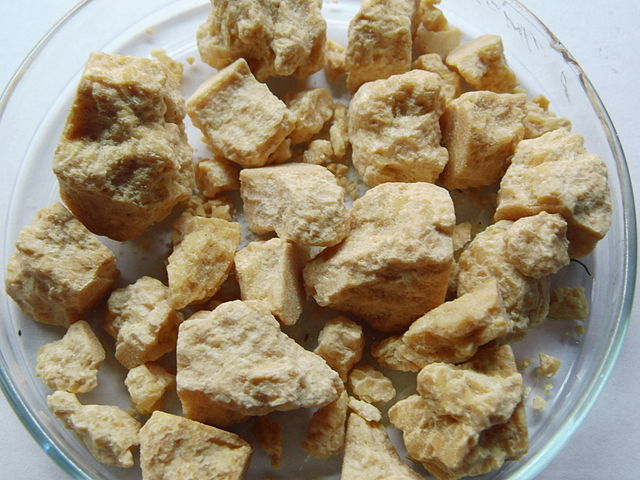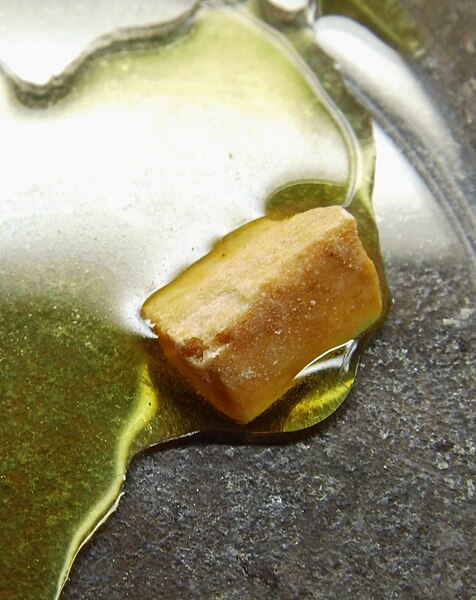Infinite photos and videos for every Wiki article ·
Find something interesting to watch in seconds
British Monarchs
Celebrities
World Banknotes
Recovered Treasures
Tallest Buildings
Kings of France
Wonders of Nature
Great Cities
Orders and Medals
Ancient Marvels
Largest Empires
Great Artists
Sports
Presidents
Animals
Rare Coins
Wars and Battles
History by Country
Crown Jewels
Supercars
Richest US Counties
Largest Palaces
Countries of the World
Best Campuses
Great Museums
Famous Castles
more top lists





